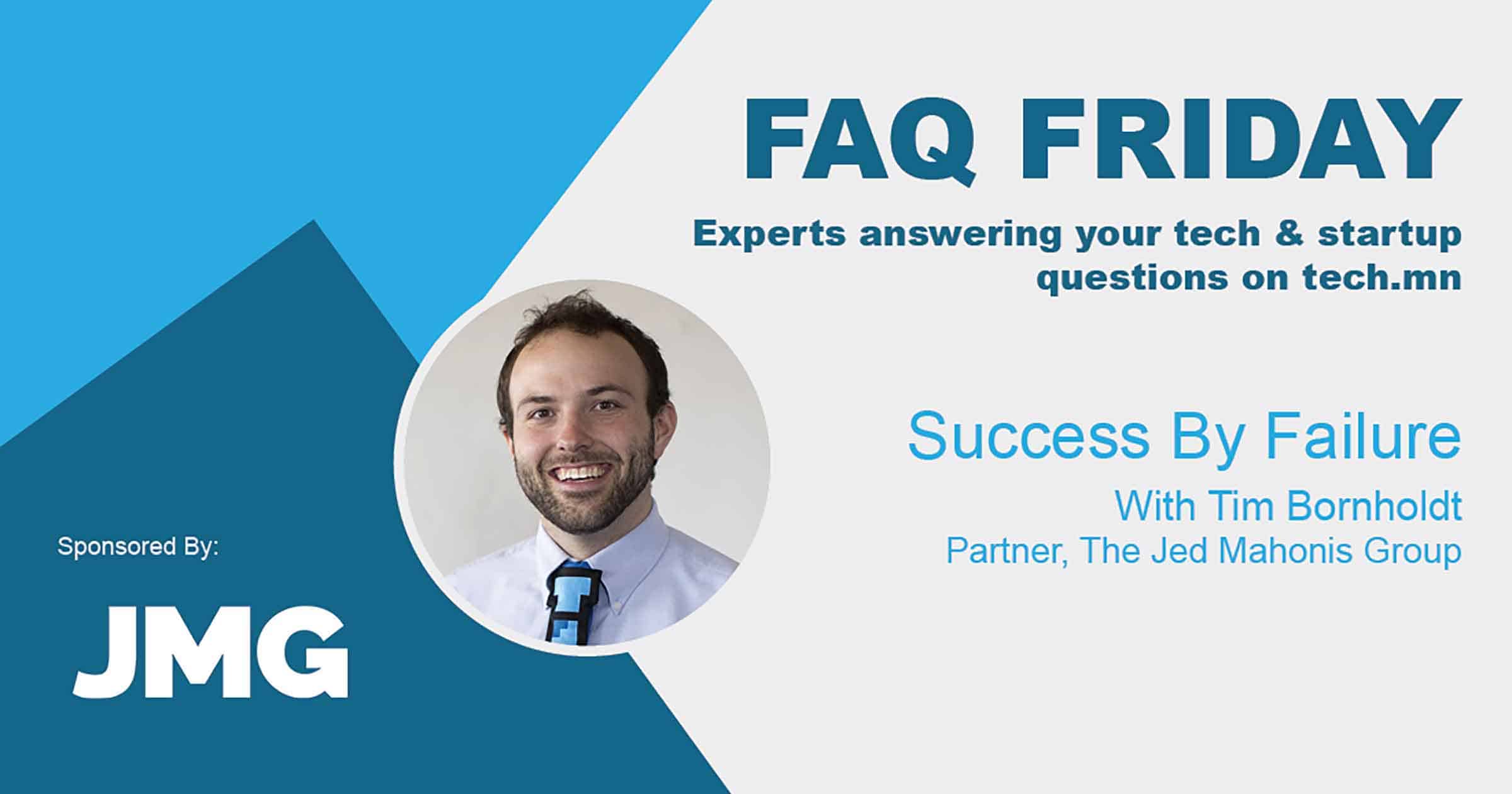Even a "simple" lunch meeting can become a minefield of possible faux pas when you're a founder.
After a founder and an investor briefly chatted at a startup event, they agreed to meet for lunch. As they enjoy their lunch, they discuss the venture capital (VC) firm’s investment thesis and catch up on the founder’s progress while getting to know each other better. The conversation is going well... and then the check slides onto the table.
Who should pay for lunch?
Simple social interactions are important for fueling partnerships that build world-changing companies, and while seasoned founders and investors have learned how to navigate these interactions, new founders can sometimes face some awkwardness that holds back their startup’s progress.
So, how do you, as a founder or an investor, navigate the often unwritten etiquette of venture capital? Let’s look at this situation from each point of view.
The Founder
Founders are keenly aware they need capital to grow their business, and are personally investing time and resources into the success of their company by actively seeking out others who share a vision like their own. A founder looking for venture capital investment is prepared to literally sell a piece of their company, and there’s a lot at stake in choosing the right investor.
A founder wants to put their best foot forward, so even simple social interactions with a potential investor (like grabbing coffee or lunch) are teeming with pressure. Paying the check could, arguably, be a sign the founder is proactive and decisive. When a founder is in fundraising mode, they might fall into the mindset that investors have all the control in the conversation because they’re the one who needs the funds. Choosing a meeting place and paying for the check can bring a feeling of control over at least some of the situation. Paying could also be a sign of gratitude to the investor for taking the meeting.
VC and angel investors are always looking for signals; small glimpses into what it would be like to work with a founder in the future. This includes signs of how a founder spends money.
The Investor
Assuming their fund is active, VC investors, by definition, have capital to invest in startups. The literal job of a venture capital investor is to explore opportunities and deploy capital in exchange for equity in startups. This means investors need to meet founders and learn about opportunities. To facilitate this, most venture funds have a budget allocated for travel to meet founders as well as a budget for business meals and drinks. Investors are often accustomed to picking up the tab.
VC and angel investors are always looking for signals; small glimpses into what it would be like to work with a founder in the future. This includes signs of how a founder spends money. An investor may think that a founder eager to pay the bill is not careful with their funds and could cause the investor to wonder how freely their investment dollars would be spent. On the flip side, an investor may see a founder paying as a sign of confidence and positive start to a long working relationship.
A Variety of Opinions
Cathy Skinner lives in Saint Paul where she is building NXgenPort, a medical device plus digital health company dedicated to novel remote monitoring of cancer patients. Cathy is an experienced founder who has developed a targeted approach to fundraising—a list of 10 questions she asks investors to ensure there’s a fit early on. When asked who should pay for coffee/lunch/drinks with an investor, she was emphatic in her response.
“Investors should pay,” Cathy said. “Investors have the money and I have a fiscal responsibility to manage my company’s resources [when seeking investment].”
Twin Cities area resident Jeremy Neren is the past co-founder and CEO of GrocerKey (acquired last year) and is now the VP of Investment Accelerators at gener8tor. Jeremy shared his advice and experience from both the founder and investor sides of the table. As a founder, he said both parties should use common sense and show you care about the potential relationship. The answer for who should pay is a little less straightforward.
“[It] depends on who is providing value to whom,” he said. “If the investor requested the meeting, the investor should pay. If a founder is asking something from the investor beyond cash, like they’re asking for advice, then the founder should pay.”
In an informal LinkedIn poll, 60 percent of respondents said the investor should pay. Interestingly, investors themselves seem to most often indicate they should be the ones to pick up the check. Entrepreneurs were more split in their answers. 27 percent of poll respondents, many of whom are founders, indicated they should pay each time.
So…who should pay?
While there’s no definitive answer, the consensus indicates it’s appropriate for the investor to pay most of the time. But valid cases could be made that the founder (or whoever asked for the meeting) should pay or that the check should be split.
Of course, this doesn’t factor in the complex social norms layered on various interactions and the societally loaded “dating” language often used to describe the founder/investor dynamic. A topic to be examined closer another time.
Regardless of who pays, there’s no doubt in Jeremy Neren’s mind about who should follow up.
“[Founders should be] the first one to send the calendar invite." he said. “Be extra prepared and do all the things you can to demonstrate that you’re hungry. Be mindful of how you treat people out in the world.”






